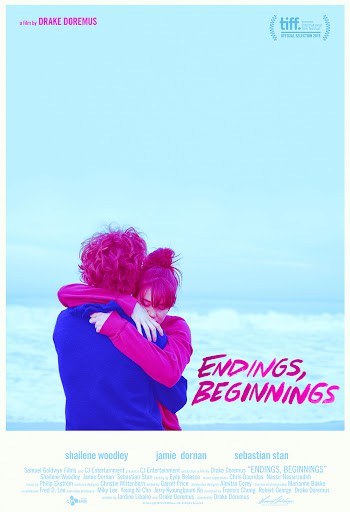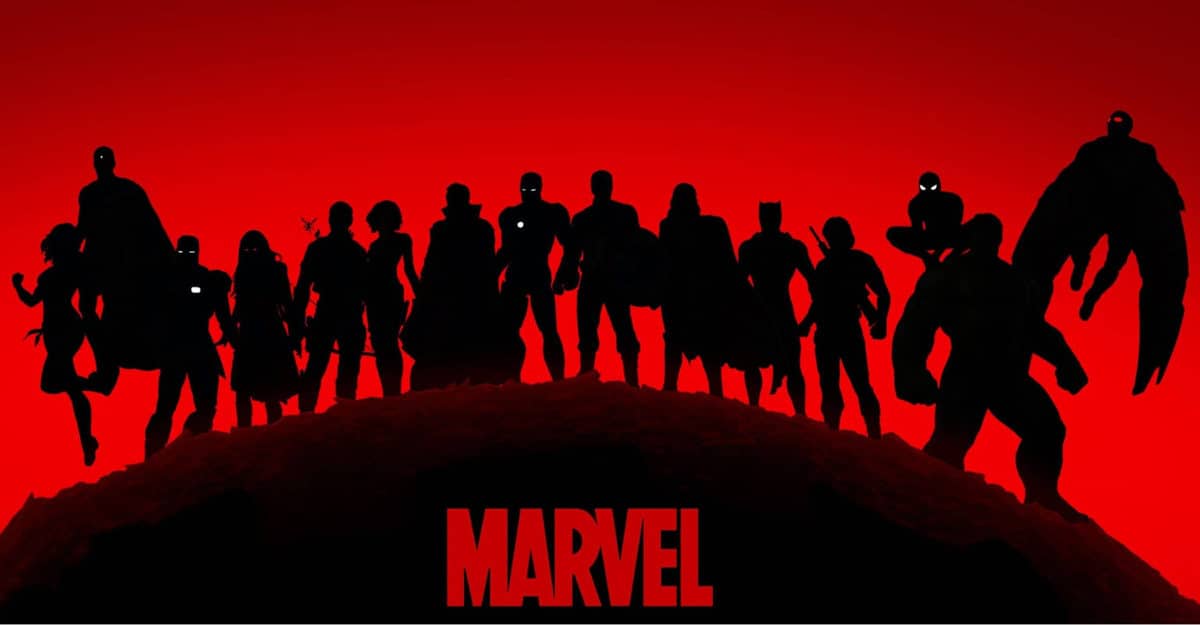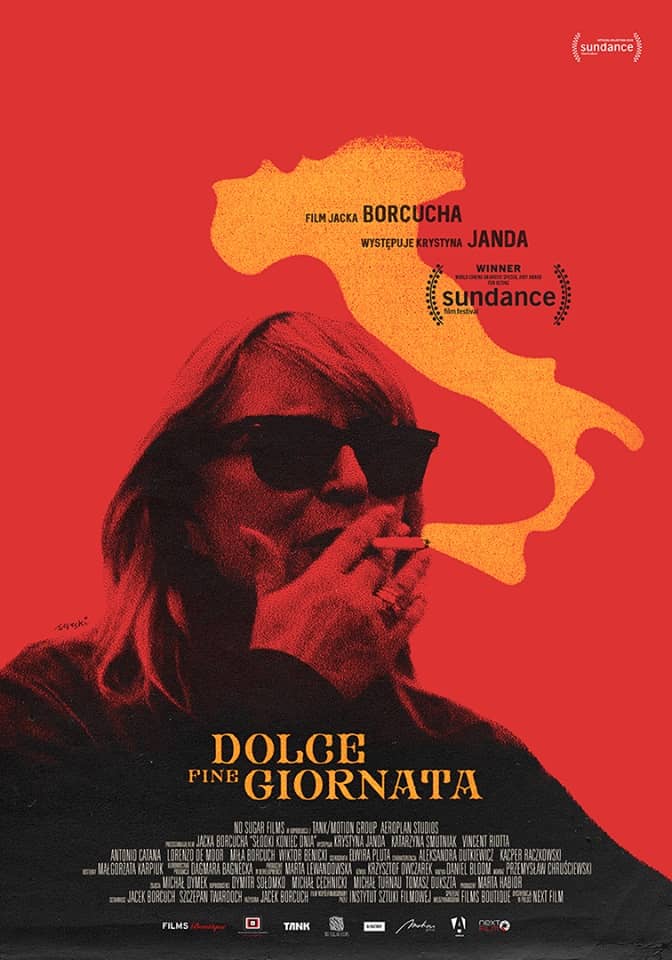
October has been far and away the strongest month this year for new film scores. The downside of this eruption is that there are simply too many, with quite a few otherwise worthy scores being left out of this writeup.
Oppression and Repetition Lead the Month
Although Hildur Guðnadóttir has been composing film scores for nearly a decade, 2019 saw her breakout with Joker (and her even more impressive score for the miniseries Chernobyl). As with Chernobyl, Guðnadóttir creates an oppressively hopeless atmosphere in Joker, mirroring Gotham City’s increasing degradation into urban chaos and decay. The most distinct aspects of the score, however, are repeated cello motifs that appear and increase in intensity whenever the camera focuses on the Joker/Arthur Fleck and his fractured interiority.
Although Mark Korven has been composing film scores since 1987, he took a near 15-year hiatus until 2015’s The Witch, catapulting him back into the scene and making any future works highly anticipated. Cue The Lighthouse. Somehow, Korven’s score is even more atonal and dissonant than the last and is endlessly unsettling, with a constant aura of apprehension occasionally torn asunder by unexpected pierces or crescendoing buzzes that drill into the listener’s head. It is relentless, endless; the perfect companion to madness.
Two Scores for Commercial Disappointments
It’s always a shame when good scores are composed for films that end up as commercial failures, since so few will end up hearing the music. Such is the case with Jeff Russo’s score for Lucy in the Sky. Russo manages to subvert common expectations for the music of a “space” themed movie, making dark the triumphs and heraldry normally associated with American space travel. Russo also dives heavily into atmospheric elements, moving between an overwhelming, anxiety-fueled morass and calmer, comatose-inducing pieces.
One genre seeing a continued revival is jazz, perfectly in place in Daniel Pemberton’s score for Motherless Brooklyn. Like any good noir or neo-noir, a moody jazz-centric score is key to creating the perfect rain-soaked, corruption-fueled environment. Unlike most jazz scores, however, Motherless Brooklyn embraces the seedy, vileness of corruption with a much darker jazz that even veers into some haunting and unsettling moments.
The Surprise of the Month (Year?)
While I unfortunately miss the vast majority of film scores to come out of Asia, I’m fortunate to have heard Jung Jae-Il’s work on Parasite. Jung’s score is an incredible piece of classical music, led by piano and violin, that merges elegance, grandeur, and whimsy, all with a sinister undertone. Since western films seem to be increasingly moving away from pure classical scores, Parasite becomes all the more distinct and noteworthy.



